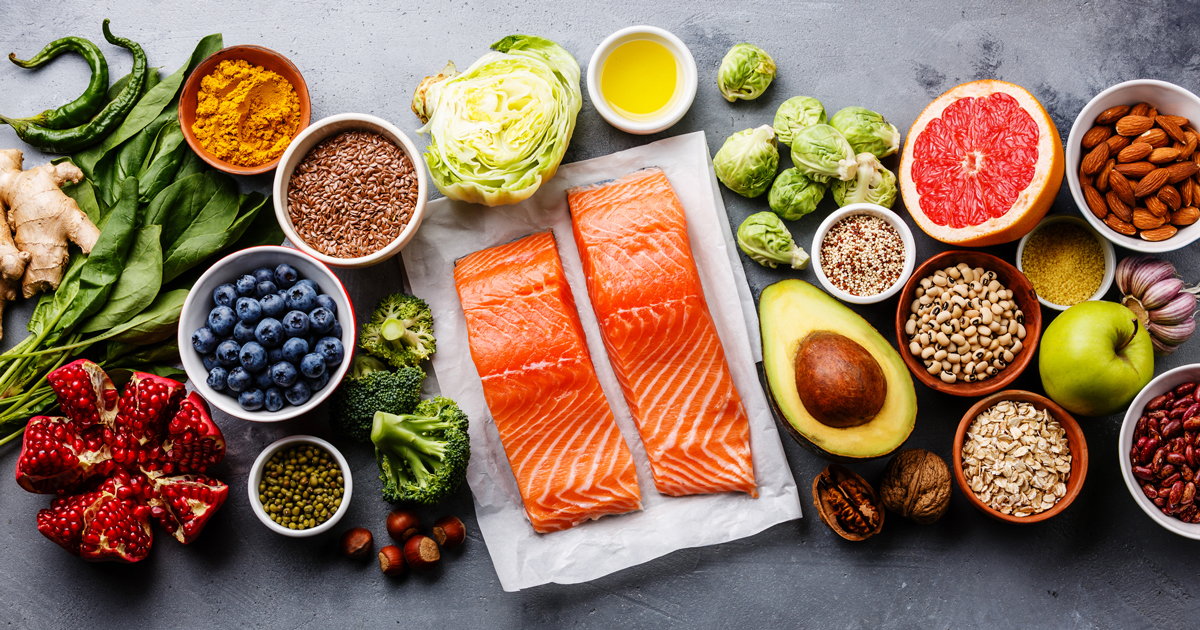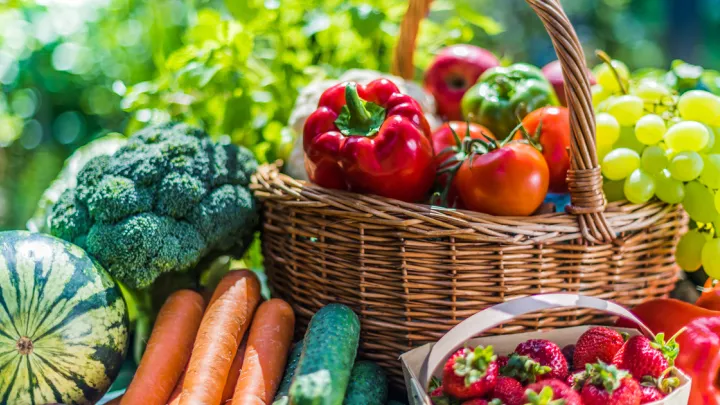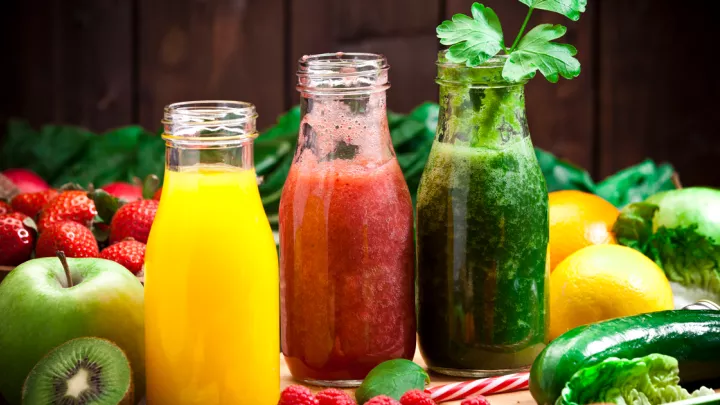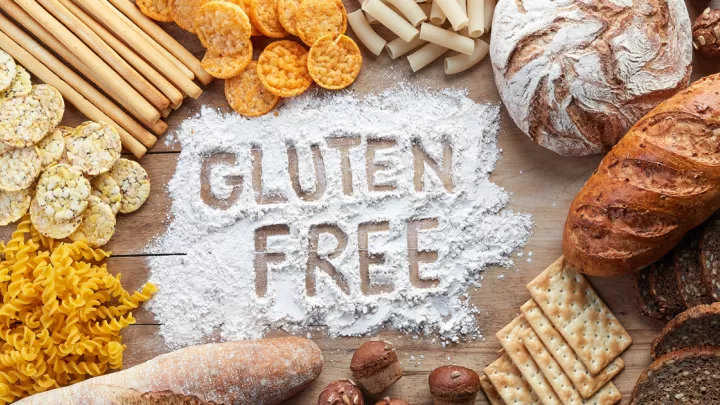How superfoods work (plus a list of the best superfoods)

This article provided by Hannah Kirtley, graduate student in medical nutrition.
Foods with many health benefits are called superfoods. Colorful phytochemicals in plants make these foods “"super." Phytochemicals, meaning plant-produced compounds, have many different health benefits. Each plant food has many different phytochemicals.
Examples of phytochemicals:
- Carotenoids are orange phytochemicals found in carrots, sweet potatoes and orange squash. Carotenoids limit cancer growth, help your eyesight and support skin health.
- Antioxidants, found in produce like blueberries, cranberries, broccoli and black plums, protect your body from harmful free radicals. Having too many free radicals may lead to cancer. Vitamin C and vitamin E are antioxidants.
- Flavonoids, found in grapefruit, blackberries, chickpeas and elderberry juice, reduce inflammation and slow cancer growth.
Can superfoods or phytochemicals fight cancer?
Superfoods cannot fight cancer by themselves. But, the phytochemicals in plant foods may help protect your body from damage that leads to cancer, which may reduce your cancer risk.
Phytochemicals are in these plant foods: fruits, vegetables, nuts, seeds, whole grains, herbs and spices.
Common superfoods include:
- Beans like kidney beans, black beans and soybeans
- Berries like blueberries, cranberries, strawberries and blackberries
- Broccoli
- Brussels sprouts
- Cauliflower
- Fish like salmon, tuna, mackerel, trout, herring and sardines
- Leafy greens like spinach, kale, collard greens and Swiss chard
- Nuts like hazelnuts, walnuts, almonds and pecans
- Olive oil
- Peas
- Tomatoes
- Whole grains like oatmeal, quinoa, brown rice and wheat berries
- Yogurt
Eat the rainbow: Phytochemicals lower cancer risk
Get a variety of phytochemicals by eating a colorful variety of veggies and fruits. No single food can fight cancer by itself. But, eating phytochemicals from many types of colorful foods may protect your cells.
It pays to eat the rainbow. Try to cover two-thirds of your plate with plant foods at each meal. Plant foods contain healthy fiber – 30 grams of fiber per day is a good goal.
Overall, eating 3 1/2 to 5 cups of fruits and vegetables each day can lower your cancer risk.
4 tips to get the most out of superfoods:
- Select superfoods that taste good to you. Lots of healthy foods offer health benefits as well as great taste. If you don't like a specific superfood, try something else.
- Increase your proportion of produce. Try to cover two-thirds of your plate with plant foods at each meal.
- Choose whole produce over juices (canned or frozen is OK). Instead of expensive juices and powders, choose colorful fruits and vegetables. Whole fruits and vegetables keep their fiber, which has lots of health benefits.
- Talk to your doctor or dietitian, especially if you have a chronic condition. Some superfoods may interfere with medications and treatment.







